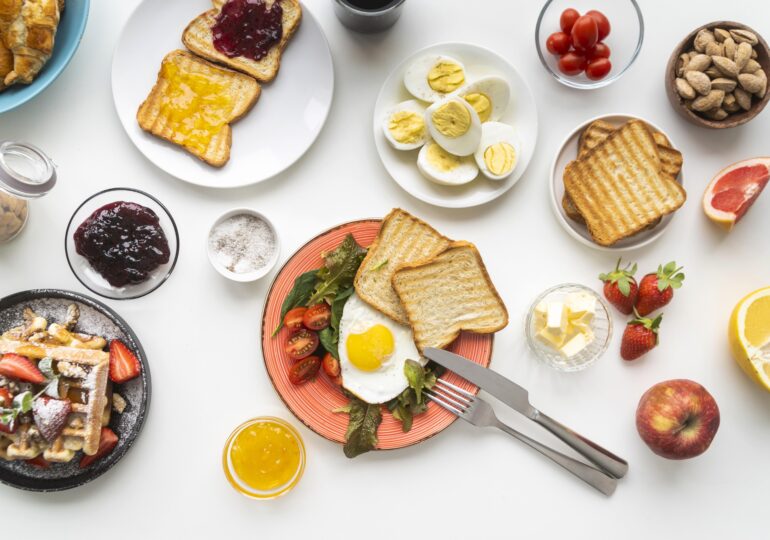A renowned American cardiologist, Dr. Andrew Freeman, has revealed his preferred breakfast to keep his heart healthy.
Although often neglected, breakfast plays an essential role in metabolic balance, and popular choices such as donuts, muffins, bacon, or processed cereals are often rich in cholesterol and sugar, becoming unhealthy options for the start of the day.
Plain oats, without butter and milk
"My basic choice is oats," Dr. Freeman stated, as quoted by The Independent. He recommends a cup of oatmeal prepared with water, not with milk or butter, to maintain a low caloric intake.
This breakfast can be enriched with berries, flaxseeds, and nuts, for an extra dose of fiber and vitamins.
However, the doctor warns against instant oats, which are more processed and often contain added sugars and artificial ingredients.
Oats are rich in vitamins and minerals. According to the US Department of Agriculture, a cup of cooked oats contains about 1.8 mg of vitamin B1 (thiamine), essential for energy production and the proper functioning of the nervous system.
Additionally, the same portion provides nearly four grams of fiber and less than one gram of total sugars, making it a nutritious and satisfying option.
Beta-glucan, heart-friendly fiber
The American Heart Association emphasizes that oats contain beta-glucan, a soluble fiber that helps maintain a healthy cholesterol level and reduces blood sugar.
Beta-glucan also supports intestinal health by promoting beneficial bacteria, according to specialists at the Mayo Clinic. Thus, oats become a valuable ally against cardiovascular diseases and diabetes.
Consuming oats in the morning can reduce hunger throughout the day, as noted by EatingWell magazine.
Nutritionist Maggie Michalczyk explains that beta-glucan forms a gel in the digestive tract, aiding in regular transit and long-lasting satiety. "Adding oats to daily meals and snacks provides them with consistency and the power to keep hunger at bay," she says.
What the cardiologist avoids for breakfast
Although praising oats, Dr. Freeman avoids other commonly consumed morning foods. He does not recommend eggs due to their high cholesterol content.
He also steers clear of croissants, donuts, or pastry products, which are rich in sugar, fats, and refined carbohydrates.
However, the doctor admits that an occasional sweet treat is not a sin, as long as it does not become a routine: "Better a small piece of something sweet and a large portion of fruits or oats," he concluded.

